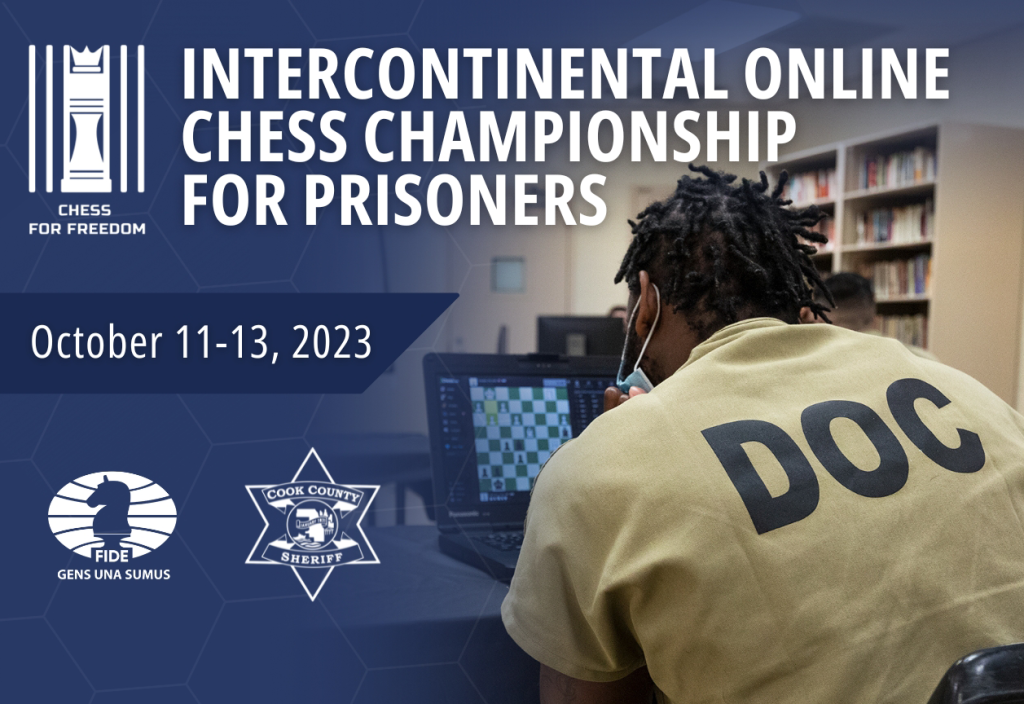From October 11-13, 2023, FIDE, jointly with Cook County (Chicago) Sheriff’s office, will hold the third Intercontinental Online Chess Championship for Prisoners, dedicated to the International Day of Education in Prison. The online event is open to male, female and youth teams representing correctional facilities.
Registration for participation is open here until September 22.
So far, 53 teams representing prisons and correctional facilities from 27 countries have already registered for the competition. Inmates from Argentina, Australia, Bulgaria, Colombia, Croatia, Czech Republic, Ecuador, England, Germany, Greece, India, Ireland, Italy, Jamaica, Jersey, Kyrgyzstan, Latvia, Malawi, North Macedonia, Philippines, Portugal, El Salvador, Serbia, Slovenia, Spain, Turks and Caicos Islands and the USA are getting ready for the event. 39 teams will compete in the male tournament, 9 teams will fight for the medals in the women’s event, and four teams will be playing in the youth section of the championship.
For some participants, it will be the first official online chess tournament ever played, while many others have already taken part in previous events and are working hard to improve their chess skills.
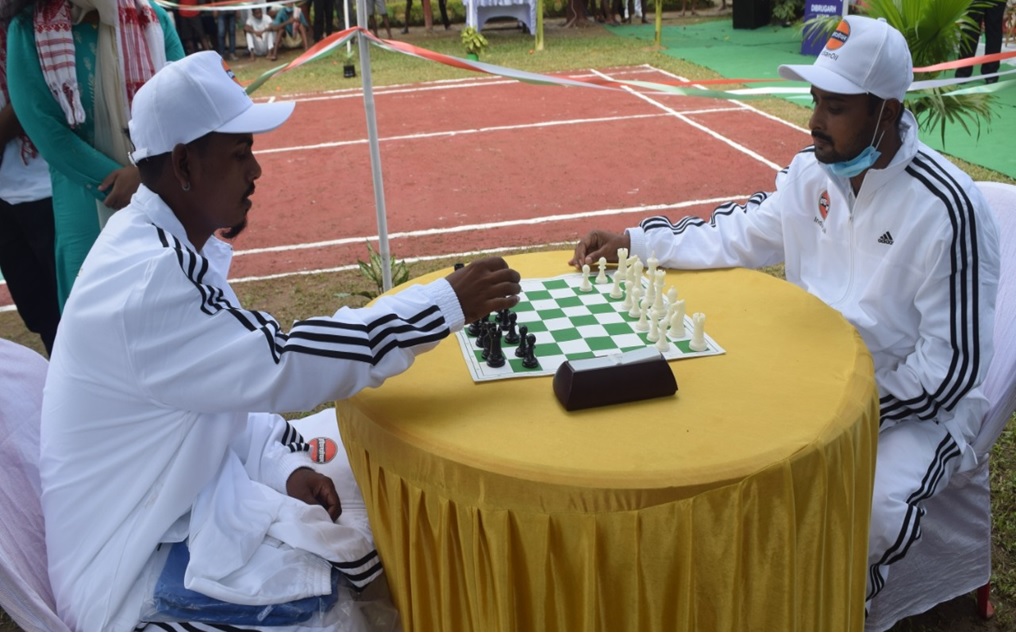
Indian teams will be represented by the “Parivartan – Prison to Pride” social responsibility project run by IndianOil since August 2021. The initiative aims to engage and rehabilitate prison inmates nationwide through sports coaching programs.
The Parivartan chess courses are supervised by experienced coaches, including GMs Abhijit Kunte and Surya Sekhar Ganguly, WGMs Eesha Karavade, Soumya Swaminathan, Padmini Rout, to name a few.
“I was pleased with the kindness of the prison authorities and the quiet atmosphere. All the inmates were very enthusiastic, calm, and patient while learning chess. The attendance throughout the camp was almost 100”, said Shri Ketan Khaire, Chess Coach of Yerawada Central Jail, Pune.
In four phases so far, the Parivartan project has covered 51 Prisons spanning 21 states and 5 Union Territories of the country with coaching over 2950 Inmates.
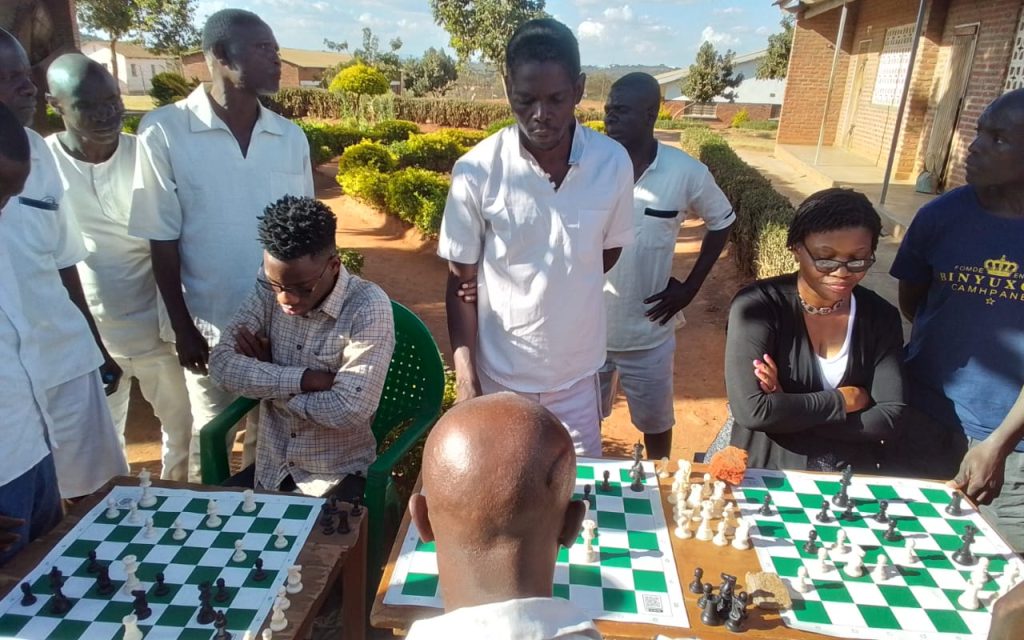
On another continent, preparations for the upcoming championship are also in full swing. Inmates of Maula Prison, Malawi, have chess lessons and play monthly tournaments within the prison walls. The Chess in Prison program was launched at Maula Prison last year with the support of the Dadaz Chess Academy.
Susan Namangale, founder of the Dadaz Chess Academy and the Global Head of “The Gift of Chess”, a nonprofit organization transforming the lives of people through the universal language of chess, says that the academy has also reached out to other penitentiaries in the country. “They are all very happy with the program. It is a great tool to improve the quality of life for prisoners as this prepares them for liberation”, Namangale says.
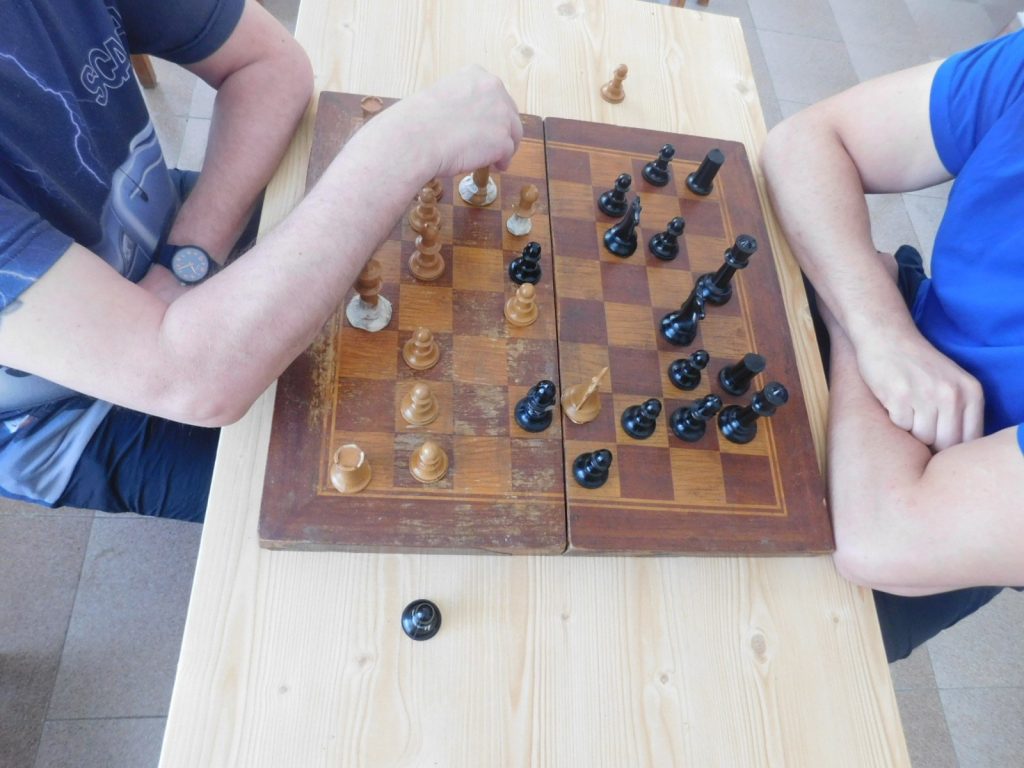
On the European continent, in Bulgaria, prison tournaments were held to determine the players who will now participate in the upcoming Intercontinental Chess Championship. The Bulgarian team is made up of amateur players who have already played chess before going to prison but with less intensity.
Chess tournaments are a part of the regular activities for the inmates in Bulgarian prisons. The participants are mostly individuals who respect prison rules and do not commit disciplinary violations. They usually have a good level of education and a propensity for a law-abiding lifestyle. “The game of chess has a positive influence on their behaviour and supports the process of rehabilitation. It cultivates sportsmanship, tolerance, honesty and precision”, says Chief Commissioner Ivaylo Yordanov, Director General of the General Directorate “Execution of Sentences”.
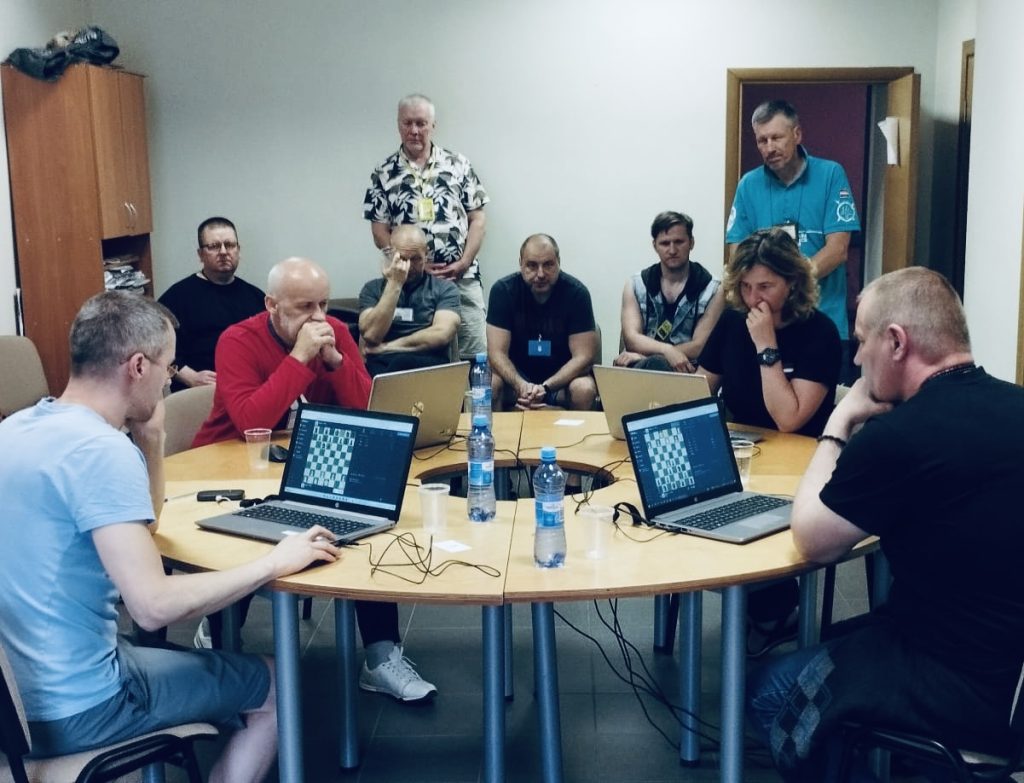
A three-day “Chess in Prison” marathon will not only include a live broadcast of the championship but will also feature some special quests – FIDE officials, government officers, members of the penitentiary administration and policymakers, who will share the best practices of introducing chess to inmates, as well as former convicts proving through their own experience the positive impact of the game on prisoners.
